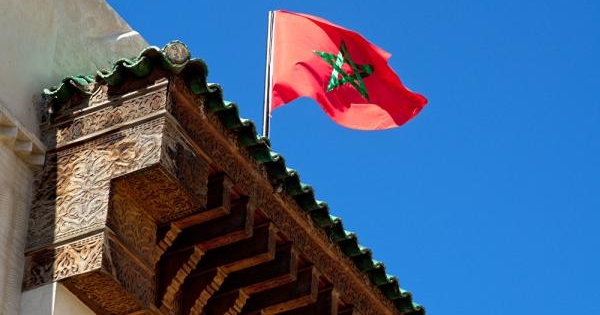Morocco’s central bank has decided, according to Agence France-Presse, to raise interest rates to 2 percent to match record inflation expected to reach 6.3 percent this year, while confirming its expectations of economic growth slowing to less than 1 percent.
Bank Al-Maghrib said in a statement that its board of directors “decided to raise its key interest rate by 50 basis points to 2 percent.”
This decision aims to “avoid unfixed inflation expectations and ensure conditions for a quick return to levels consistent with the goal of price stability.”
The latter have seen a significant increase in recent months due to the effects of the Covid-19 pandemic and the war in Ukraine, as well as the exceptional drought that has hit the Kingdom this year.
The inflation rate has accelerated since the beginning of the year and reached 8 percent in August, while the overall rate for this year reached 6.3 percent compared to 1.7 percent last year, according to central bank estimates.
At the same time, counting on a decrease to 2.5 percent next year.
The bank attributed this record inflation rate “mainly to higher food and fuel prices” and to higher prices for many services.
Inflation is a global phenomenon exacerbated by Russia’s war in Ukraine and the disruption to global supply chains following the Covid shutdown in China, and several of the world’s central banks have taken similar measures to combat it.
In addition to inflation, an “unfavorable external environment” has also slowed down economic growth in Morocco this year, exacerbated by an exceptional drought that has affected the performance of the agricultural sector, whose contribution is essential to economic growth in Morocco. Kingdom (about 11.7 percent in 2020).
On Tuesday, the Central Bank reaffirmed its forecasts for growth to slow to just 0.8 percent this year, with hopes that growth will rise to 3.6 percent next year if the grain harvest averages 75 million centners, still tied to rainfall. . .
The Kingdom recorded an exceptional growth last year of 7.9 percent.
Source: El Iktisad
